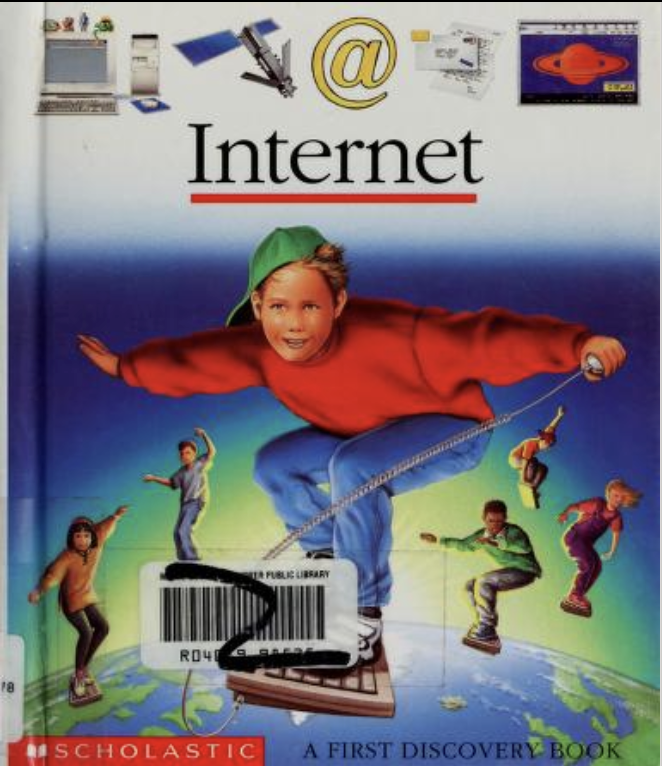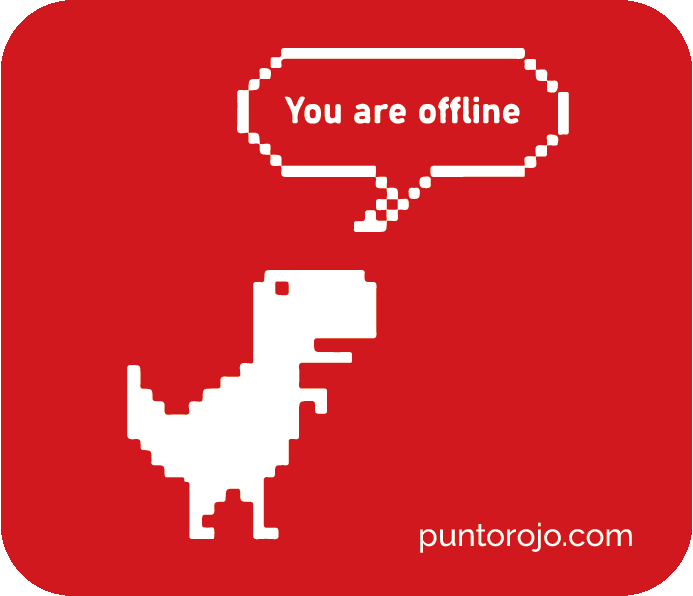Every day, I discover a new way that the internet is rotting my brain.
Today, I’m thinking about how “content creator” brain is worming its way into my creative process.
When I was rising in popularity on TikTok, I would take clips of my D&D show, edit them and share them as ~2 minute clips. These clips were *popular* -- they reached a far wider audience than the show itself, and drove (some) audience to the show. Nice! My creative work was getting more attention! And all I had to do was repackage it for a new platform!
But it would often take me hours and hours to edit a clip, trying to trim around pauses, cross-talk, and make moments that took 20 mins in reality seem like they happened in 45 seconds. It was only a matter of time before a little voice in my DM brain started whispering:
🗣️"if you summarize the scene before the big reveal, it will be easier to clip"
🗣️"if you play up this reaction now, it will be easier to edit"
🗣️"retake that line so you can get it clean for the edit"
-- Something had reversed: instead of making TikToks from the show, I was making the show into TikToks. My DMing was being influenced by the content I was generating from it.
Part of this was because I was so thoroughly lost in the sauce -- at the time, a lot of things were going poorly for me, but my show and social media presence was taking off, so even though I'd always intended to do this as a creative hobby, I was slowly being enchanted by the notion of being a full-time creator. I had this vague notion that a "full time" creator would be just like being a part-time creator, except more and I wouldn't have to work. Side note: this is NOT TRUE! Once your rent and groceries depend exclusively on a creative output, that creative output becomes something else. The pressures change. The stakes become so much higher. The audience goes from being a collaborator to an employer. I never went (and will never go) full-time in a creative feild for this reason. My creativity is too important to me to make it my livelihood. And yet…
Have you ever met someone at a party who talks to you like their working on their tight 5? Zingers are over articulated and then there’s a pause to let them land, and it feels like they are waiting for an applause from an invisible audience. When performing in front of live audience, you get this immediate positive feedback, and for some people, this seems to rewire their brain, spill over into conversations that were never meant to be performances.
Content creation is typically not in front of a live audience. Even when I’m livestreaming, the audience is just chat, and while their enthusiasm is invigorating, it’s not quite the same HIGH as hearing people laugh at your joke or gasp at your plot twist. (I did a live D&D show at GenCon and I LOVED IT but something in me was like “oh no, I can’t do this regularly because I will become a worse person”). But with content creation, there’s a chance that anything you post can be seen by millions of people. And when you start to find the rhythm of it, you start to learn what will hit — it’s hard not to let that rhythm play out.
I used to do martial arts, and one thing you learn is how to train your opponent into a rhythm. You start your first few attacks at a slow, constant pace. You follow up with the same combos, 1, 2, 3, until they get the flow of it. Humans are musical beings, we love falling into a rhythm. And then you break rhythm, and your opponent will stumble.
In content creation, it’s so easy to fall into a rhythm once you start to see the patterns. It’s this luring song, asking you to fall into step, and rewarding you when you do.
And maybe that’s fine. Everyone self-censors online, this is just an extension of that. But as someone who tells stories in a format that doesn’t allow editing, I don’t want to edit. I don’t want to think practically about marketing strategies while I’m creative. My creative process needs to be insulated from all that or its to feel corrupted.
This isn't to say every content creator has their mind rotted by it. I think I'm particularly prone to brainrot in this way -- I'm a chronic over-thinker, and I can't do anything a little bit. But I think that, even at a subconscious level, it's very difficult to make creative work without catering to your audience, and with social media, that audience is RIGHT THERE ALL THE TIME and they will let their opinions be known. And humans are social. We are wired to seek acceptance. It's only natural that we will reshape ourselves around that chorus of praise. I still hate it.
Bad Blog
It's a bunch of thoughts but instead of being dated and organized, they're thrown up on a single page with a visual cacophony of mismatched fonts, low res images, and general "I test in prod" energy. Nothing is streamlined. Nothing is shiny. Nothing is designed to hold your attention or make you spend money. It's just a place for me to put my little thoughts on the internet.









